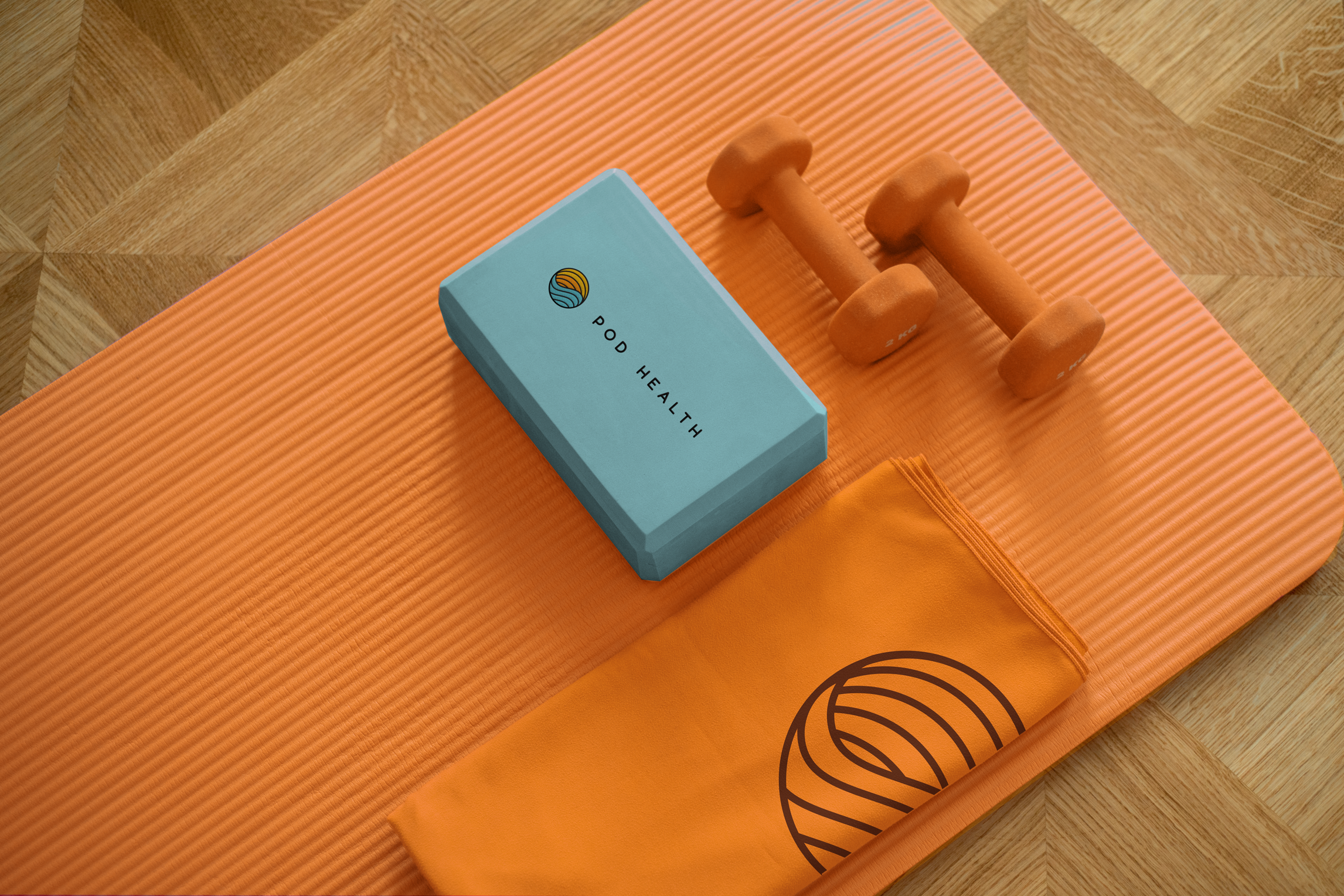Boosting Mental Health Through Exercise: How METs Can Help Treat Anxiety & Depression
Physical exercise is a powerful tool for improving mental health, particularly in managing anxiety and depression. Research shows that regular movement can reduce stress hormones, enhance mood, and improve overall well-being. But how much exercise is needed to see these benefits? That’s where Metabolic Equivalent of Task (METs) comes in—a system that helps quantify the energy cost of different activities.
What Are METs?
METs measure the intensity of physical activity based on the amount of energy expended. One MET is equivalent to the energy used while sitting quietly. Activities with higher MET values require more effort and burn more calories.
For example:
Walking (3 mph) = ~3.5 METs
Cycling (moderate effort) = ~6 METs
Running (6 mph) = ~9.8 METs
How Many MET Minutes Per Week for Mental Health?
Experts recommend 600–1,200 MET minutes per week to effectively target depression and anxiety. This translates to:
✅ 150–300 minutes of moderate-intensity exercise (e.g., brisk walking, cycling)
✅ 75–150 minutes of vigorous-intensity exercise (e.g., running, swimming)
Studies suggest that higher MET-minute totals (closer to 1,200 MET minutes per week) may provide stronger antidepressant effects.
Incorporating a Variety of Movements
Engaging in a diverse range of exercises not only prevents boredom but also ensures that different muscle groups and neurological pathways are activated. Combining aerobic activities with strength training, flexibility exercises, and mindfulness-based movements—such as yoga or dance—creates a more holistic approach to mental well-being. Variety helps improve motor learning, coordination, and adaptability, enhancing cognitive function alongside emotional resilience. Rotating between different types of movement also reduces the risk of overuse injuries, keeping exercise sustainable and enjoyable over time.
Best Exercises for Mental Health
To maximize the mental health benefits, consider activities that combine aerobic movement, mindfulness, and social interaction:
Running or brisk walking (boosts endorphins)
Cycling (enhances focus and mood)
Yoga & Tai Chi (reduces stress and anxiety)
Strength training (improves self-confidence)
Group sports (adds social support)
Find MET Values for Different Exercises
Want to track your MET minutes? Check out the Compendium of Physical Activities, which lists MET values for various exercises:
🔹 Compendium of Physical Activities
Final Thoughts
Exercise is not just about physical health—it’s a powerful antidepressant and anti-anxiety tool. Whether it’s a daily walk, a gym session, or a weekend hike, every movement counts toward better mental well-being.
So, lace up your sneakers and start moving—your mind will thank you!


